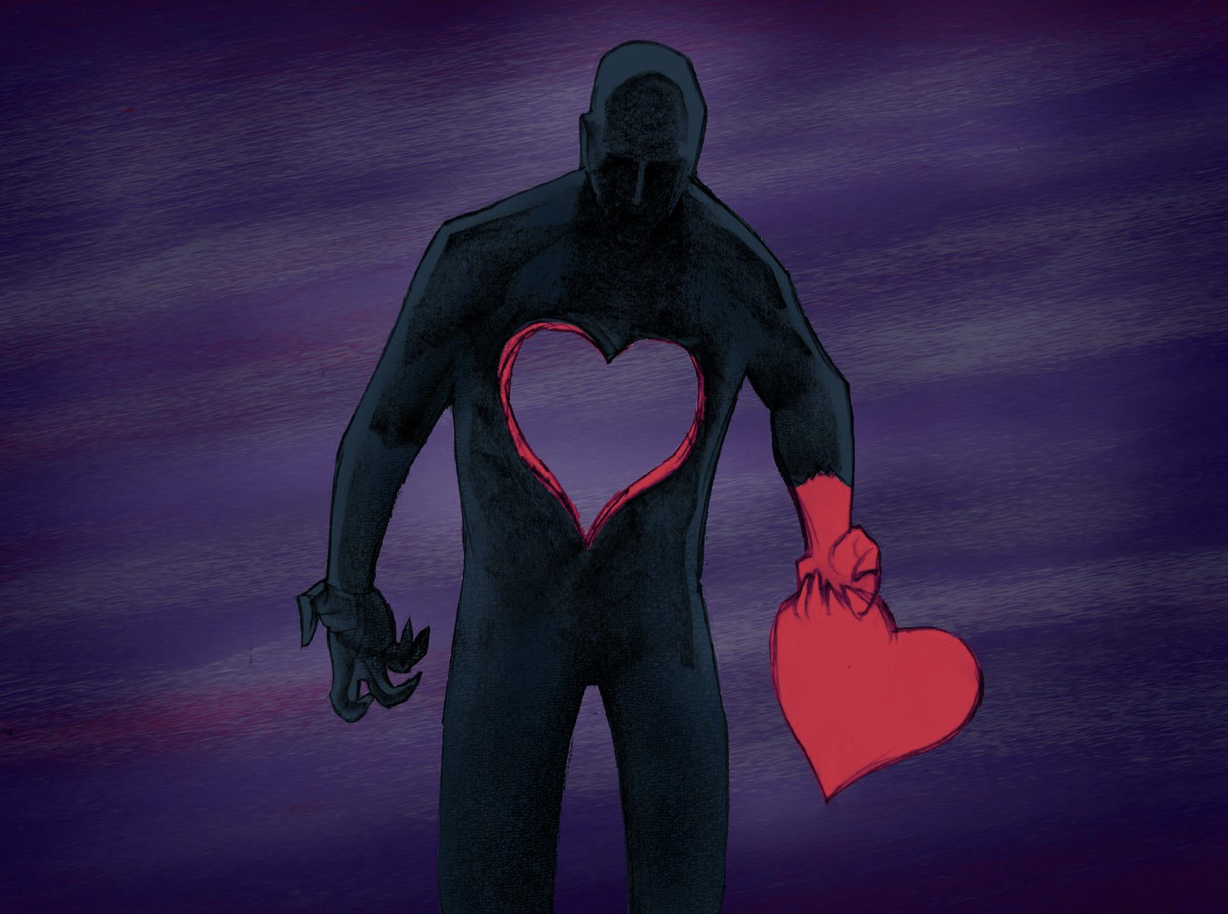By: Lance Morrow – wsj.com – October 24, 2023
A decent conscience, uncontaminated by ideology, knows what it is looking at. The torments that Hamas “militants” inflicted on Oct. 7—mass slaughter, rape, the beheading and incineration of babies—amounted to behavior that the high court of any uncorrupted intelligence in the world would describe as evil.
What other word would be sufficient? Wicked? Gruesome? Atrocious? Naughty? No one with any brains uses the word evil lightly. I tend to capitalize it to give the concept (vile, mysterious, theologically absolute) its metaphysical due. President Biden chose his language carefully when he spoke of the Hamas raids as “pure, unadulterated evil.” Since Oct. 7, the word—from which people used to shy away, regarding it as radioactive, over-the-top—has become commonplace and almost unavoidable.
Some years ago I wrote “Evil: An Investigation.” Preparing the book, I would sometimes ask people if they knew anyone they considered to be truly evil. Most would think for a moment, then shake their heads: “Not really. Hitler, of course. But I didn’t know him.” When I asked William F. Buckley Jr., he replied without hesitation, “Gore Vidal.” I laughed. I thought he was kidding, but he wasn’t.
Many people believe evil doesn’t exist. That view is especially common among the rational and enlightened, who insist that events always have a scientific, clinical or political explanation. They are mistaken. Evil is real, with a spooky, inscrutable life of its own.
Evil resides, a law unto itself, in the penetralia of history and human nature. Anyone who doubts its existence should study, in no particular order: the Cambodians’ mass killings under Pol Pot (1975-79), the Japanese Rape of Nanking (1937-38), the Belgians’ atrocities in the Congo (1885-1908) and of course the Holocaust. You might begin your studies in that last topic by reading “Into That Darkness” by Gitta Sereny. It’s about how Franz Stangl, an ordinary Austrian policeman and family man, morphed into the monster who presided over the Nazi death camp at Treblinka.
Evil is a phenomenon at once forbidden and fascinating, full of subtleties, savageries, fever dreams, devilish hallucinations—lies. It may be used to describe a genocide (the Holocaust was evil) or to incite one (Annihilate the evil Jews!). It is the last word of entreaty in the Lord’s Prayer: “Deliver us from evil.” As Hannah Arendt wrote of Adolf Eichmann, evil’s genius for paradox may end by reducing it to a terrifying banality. Or evil may be, as a Cornell professor found the Oct. 7 attack, “exhilarating” and “energizing”—adjectives that also describe getting high on cocaine.
Oct. 7 demonstrated that evil may express itself as the ultimate depravity of politics. How does service to the hope of Palestinian rights, dignity and self-determination get perverted to the evil business of baby-killing?
Politics isn’t a license to kill, rape, burn or decapitate. But it is inevitably an invitation to lesser forms of wickedness, the sort of casual malice that overlords come to savor. Be careful: It’s true that you know evil when you see it, but in the blur of conflict, judgments on the subject of evil are more emotional than precise or theological. Human nature—instinctive, subjective, hyperbolic and profoundly partisan—takes sides.
So it came to pass in recent days that acknowledgment of the patent evil of the Hamas assault on Oct. 7 became shadowed and then, in some minds, reversed by the steps that Israel took—is taking—to defend itself. Is it possible to commit evil in attempting (however brutally) to protect yourself against evil? The question is a sort of Zen koan—with a falsehood at its heart. Call it the solecism of equivalence.
Or are we to adopt a two-tier scale of judgment, in which the primary, initiating act of evil (the assault of Oct. 7, say) is deemed a mortal sin, while secondary acts of self-defense, with whatever collateral damage, are deemed venial? Perhaps. Meantime, it’s a cardinal rule of war and of history’s theatrics that each side in the struggle (especially in the Middle East) must condemn the other as satanic. Evil is an objective fact in the world, and yet it prospers and nourishes itself on the passionate and even tribal subjectivities of human nature.
Much of history is mere anecdote. It may be the obscure but vivid little cruelty that sticks in the mind. A Palestinian friend, old and sick and dying of a blood infection, was being transferred from a West Bank hospital to one in Jerusalem when the ambulance was stopped at an Israeli checkpoint. Time was critical. The border guards—out of boredom, I suppose, or lazy malice—stalled and dithered, searching the ambulance and endlessly rechecking my friend’s identity. The guard manning the checkpoint’s computer did so while reclining languidly in his chair. At one point he pressed the “Enter” key with his toe. That gesture took one at least into the suburbs of evil, did it not? A touch of evil?
My friend made it to the hospital, but, by and by, he died, not necessarily because of what happened at the checkpoint, but partially, I am certain, because of the strain of a lifetime of accumulated rage. These things add up. Rage often does the work of evil, and produces some of the same effects.
To see this article in its entirety and to subscribe to others like it, please choose to read more.
 Listen Online
Listen Online Watch Online
Watch Online Find a Station in Your Area
Find a Station in Your Area








 Listen Now
Listen Now Watch Online
Watch Online
